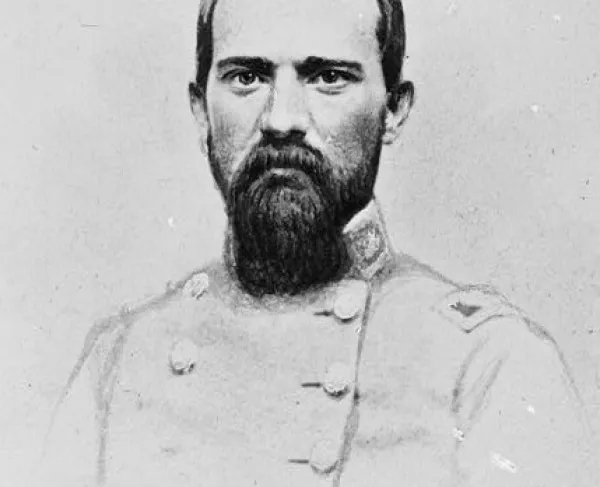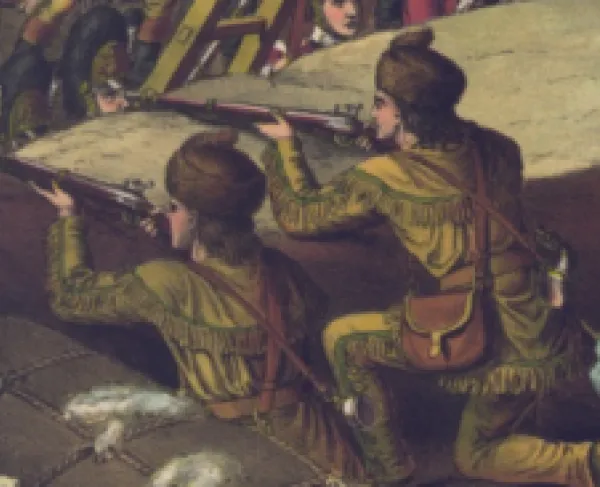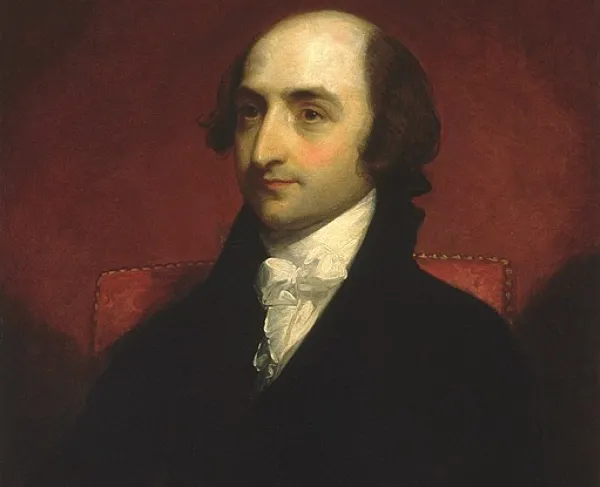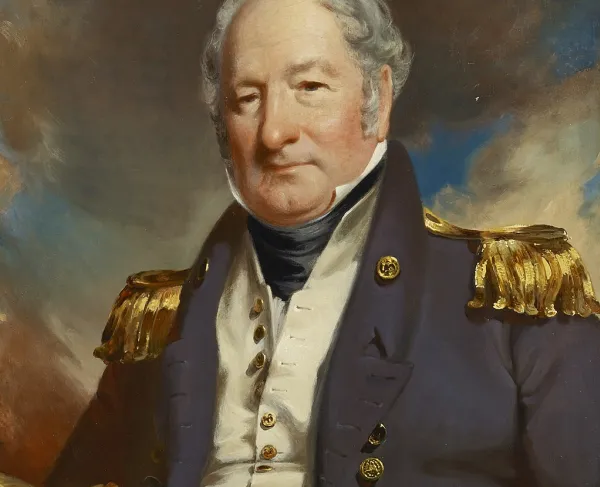William Dorsey Pender

William Dorsey Pender, known to his friends as “Dorsey,” was born at Pender’s Crossroads in Edgecombe County, North Carolina. He was the youngest of four children. Pender’s father was a prominent planter in the county and the family-owned about twenty slaves.
Pender entered the United States Military Academy at West Point in the class of 1854 and graduated nineteenth out of 46 in his class. He was first commissioned in the artillery, but the following year, he requested a transfer to the 1st Dragoons, where he secured a promotion to first lieutenant. From 1856 to 1860, Pender served on the frontier, from New Mexico to California and Oregon to Washington Territory. On March 3, 1859, he married his sweetheart Mary Francis Shepperd, the sister of one of his classmates at West Point and the daughter of prominent congressman Augustine Henry Sheppard.
Before the outbreak of the war and North Carolina’s subsequent secession, Pender resigned his commission in the U.S. Army for a captaincy in the Confederate artillery. Two months later, in May of 1861, he rose to the rank of colonel in command of the 3rd North Carolina Infantry. Eventually transferred to lead the 6th North Carolina, Pender soon proved his mettle in battle. During the Peninsula Campaign of 1862, he assumed brigade command when Brig. Gen. James Johnston Pettigrew was wounded and captured at the Battle of Seven Pines. Following the battle, Confederate President Jefferson Davis personally promoted him to brigadier general after observing his performance on the battlefield. During the Seven Days Battles the following month, Pender again proved himself an aggressive and effective leader. He was wounded in the arm at the Battle of Glendale while his brigade recaptured and held an artillery battery previously taken by Federal infantry
Later that summer, Pender rejoined his brigade to fight in Maj. Gen. A.P. Hill’s Light Division at the Battles of Cedar Mountain, Second Manassas, Harpers Ferry, and Sharpsburg. At Second Manassas, he was again wounded, this time in the head by a minor shell fragment. At Sharpsburg, Pender’s brigade and the rest of Hill’s division arrived just in time to rescue the Army of Northern Virginia’s right flank from being turned. At Fredericksburg, he was again wounded, this time in his left arm, but continued to lead his brigade.
On May 2, 1863, Pender led his men forward in Lieutenant General Thomas “Stonewall” Jackson's infamous flank attack on the Union XI Corps. After A.P. Hill was wounded, Pender assumed command of the division. The following day, a spent bullet, which had passed through an officer near him, struck his arm. After Jackson’s death, Gen. Robert E. Lee reorganized his Army of Northern Virginia and elevated Hill to command the newly formed Third Corps. The 29-year old Pender was thus promoted to major general and received command of the division. Lee held the young officer in high esteem, perhaps even remarking that if there was any officer in the army to fill the place of Jackson, it would have been Pender.
On July 1, 1863, Pender fatefully led his division into the Battle of Gettysburg. After the repulse of Maj. Gen. Henry Heth’s division, Hill requested support from Pender. He led his division forward and hurled back the Union I Corps from Seminary Ridge through the town of Gettysburg, but not after a bloody and costly fight. The following day, Lee ordered Pender’s division to participate in the en echelon attack along the Union line, targeting Cemetery Hill. However, before the assault, Pender was wounded in the thigh by a shell fragment and carried from the field. After his wounding, the division’s attack stalled, and no effective assault was made on Cemetery Hill.
Following the battle, Pender was taken to Staunton, Virginia, where an artery in his leg ruptured on July 18. Surgeons quickly amputated his leg, but he survived the operation for only a few hours. The promising Pender’s untimely death struck a blow to the Confederacy. Lee said upon his death, “The loss of Major-General Pender is severely felt by the army and the country.” He was buried in Tarboro, North Carolina, leaving behind his wife and three children.
Further Reading:
One of Lee's Best Men: The Civil War Letters of General William Dorsey Pender By: William H. Hassler
Confederate General William Dorsey Pender By: Brian Steel Wills





